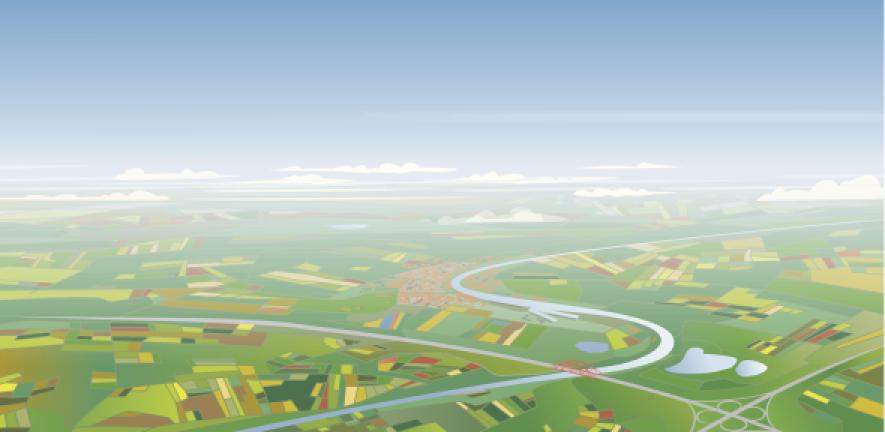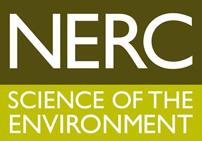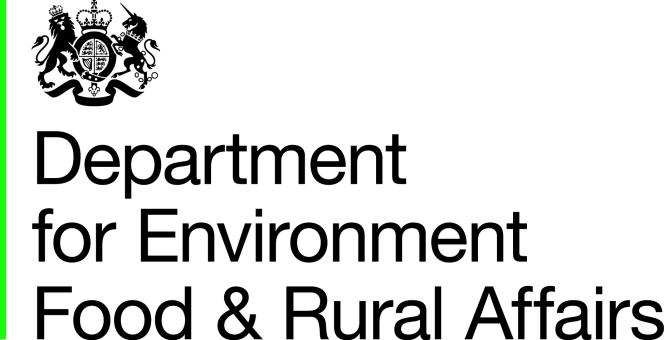
Isaac Newton Institute
Background
Land is a key limiting resource in many regions of the world, including the UK. Society depends on land resources for many purposes, including urban settlement, employment and transportation, as well as a host of benefits we get from nature (ecosystem services) - food, timber, energy, recreation, and aesthetic benefits. We require these land resources to be resilient to environmental change, and to meet increasing demands for not only housing, but also renewable energy, recreation, agriculture and climate change mitigation. Such complexities are hugely challenging for stakeholders and bring an urgent need for the development of better landscape decision tools.
Mathematical sciences are integral to the development of such tools and methodologies which are needed to capture the complexity and uncertainty inherent in landscape decision-making. For instance, advanced mathematical and statistical modelling techniques are a powerful tool providing ways to combine different spatial and temporal processes as well as incorporating future uncertainty.
This knowledge exchange workshop was part of the one month Programme at the Isaac Newton Institute (INI) on Mathematical and Statistical Challenges to Landscape Decision Making. It formed day 3 of the three day research workshop on Progress on Novel Mathematics and Statistics for Landscape Decisions, including Priorities for Further Research. The Programme aimed to explore the mathematical and statistical challenges associated with making use of the latest observations to understand and project land-use changes.
Aims and Objectives
Intended to help inform future funding programmes for landscape decisions, this event aimed to help synthesize those research areas where collaboration between the environmental, mathematical and social sciences have the potential to significantly advance modelling of landscape systems. Insights will be developed into research roadmaps that can be used to set the agenda for future funding calls of the UKRI Strategic Priority Fund on Landscape Decisions led by NERC.
This day was open to all stakeholders. It aimed to identify the novel approaches and tools developed during the one month INI Research Programme which are particularly relevant for policy and practice, and highlighted what was required to make these new methods and tools more valuable for informing landscape decision-making.
Some key questions which have been considered in the INI programme were covered. These included issues such as the minimal useful representation of the landscape system, how to robustly model the coupled human-environment system, identifying the non-linearities and sensitivities of the system and how to reconcile scale disconnects between different elements of human-environment systems?
Four main sessions within the programme for the day included:
-
Decision making in the face of uncertainty
-
Spatial and temporal scaling
-
Non-linearities and sensitivities to policy inputs
-
Stakeholder perspectives and future research roadmaps.
Participants in the workshop included a highly interdisciplinary mix of both academic and non-academic researchers and policy makers working on land related research and policy questions. It was of interest to researchers from a number of areas including mathematics, statistics, environmental science, geography, ecology and biology, as well as stakeholders from government/public sector, business, and other organisations involved in urban planning, coastal/inland waters and land conservation and management.
Posters
There was a poster exhibition running alongside the workshop and during the drinks reception.
Registration and Venue
A registration fee was charged to cover direct costs of attendance at this event. This was £25 for academic and public sector attendees and £50 for industrial attendees.
There was no fee for registered participants of the INI Mathematical and Statistical Challenges to Landscape Decision Making Programme.
The workshop took place at the Isaac Newton Institute for Mathematical Sciences in Cambridge. Please see the Isaac Newton Institute website for further information about the venue.



